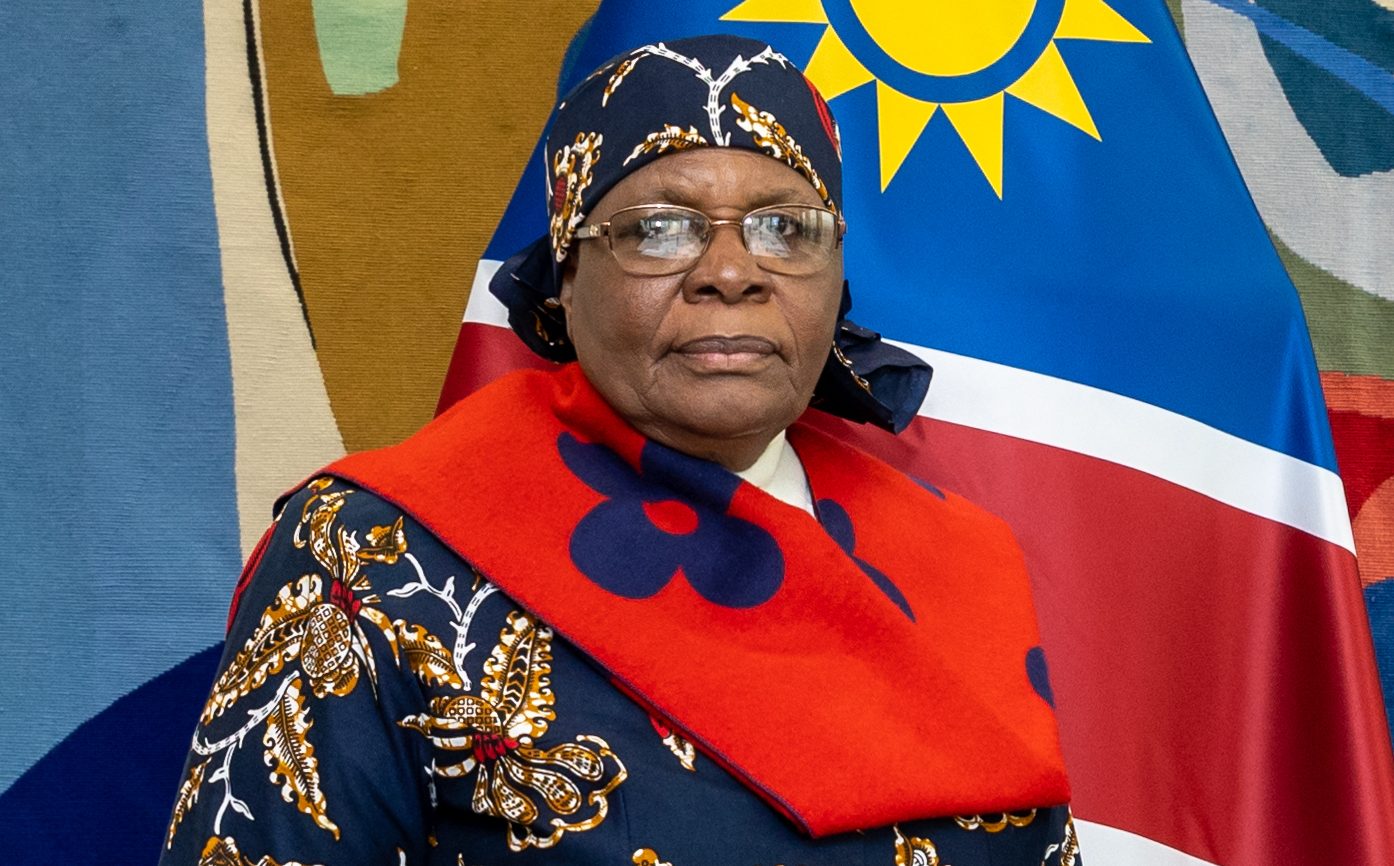BY THE OPTIMIST DAILY EDITORIAL TEAM
Namibia made history by electing its first female president, Netumbo Nandi-Ndaitwah, in an election that has strengthened the ruling Swapo party’s hold on power. The 72-year-old leader won 57 percent of the vote and avoided a runoff, solidifying her status as a political trailblazer in a country dominated by Swapo since its independence from apartheid South Africa in 1990.
“The Namibian nation has voted for peace and stability,” Nandi-Ndaitwah proclaimed following the announcement of the results, her victory marking a landmark milestone for gender equality in African leadership.
The election’s controversial background
While the election results are momentous, they have not been without controversy. Opposition parties have rejected the results, citing technical concerns such as ballot paper shortages, which caused election officials to extend voting until Saturday. Critics, like Panduleni Itula, a former UK-based dentist and head of the Independent Patriots for Change (IPC), believe the extension was illegal and intend to challenge the results in court.
Itula finished second with 25.5 percent of the vote, a decrease from the 29 percent he received in 2019. Meanwhile, the IPC received 20 percent of the parliamentary vote, trailing Swapo’s 53 percent—a significant drop from the ruling party’s 65 percent share in the previous election.
Despite the hurdles, the election commission proclaimed Nandi-Ndaitwah the winner, cementing her position as a unifying figure amidst political turmoil.
A reliable hand in unsteady times
Nandi-Ndaitwah’s election to the presidency was widely regarded as a win for competence and integrity. An experienced diplomat with profound roots in Namibia’s liberation war, she joined the underground independence movement in the 1970s and rose through the political ranks, serving as foreign minister before becoming vice president earlier this year.
Her reputation as a “steady hand” untroubled by the corruption scandals that have afflicted several Swapo members has boosted her popularity. This credibility most certainly contributed to her surpassing her party in the election, which is unusual in Southern African politics.
Her leadership also comes at a vital time. As younger people in the region become disillusioned with incumbent liberation movements, Nandi-Ndaitwah’s victory stands out. Unlike neighboring countries where ruling parties have suffered severe reverses, such as South Africa’s African National Congress losing its legislative majority for the first time, Namibia’s election suggests a degree of continuity and trust in Swapo’s leadership.
A victory with regional implications
Nandi-Ndaitwah’s victory has consequences far beyond Namibia. Her triumph defies a regional trend in which liberation organizations have lost ground to rival parties or faced widespread protests. For Namibia, her presidency represents a potential bridge between historical revolutionary aspirations and the demands of a modern population that is more concerned with governance, transparency, and inclusivity.
Her triumph also highlights the growing role of women in African leadership. As Namibia’s first female president, Nandi-Ndaitwah’s tenure will be keenly monitored to see how she handles the difficulties of economic disparity, corruption, and young involvement that dominate southern African politics.
While opposition leaders intend to fight the findings, Nandi-Ndaitwah remains committed to her mandate. Her demand for “peace and stability” rings true in a region where political transitions are frequently marred with conflict.
The road ahead
Nandi-Ndaitwah, Namibia’s first female president, has already established her place in history. However, given her party’s declining support and a split electorate, the challenges ahead are substantial. How she handles topics like economic reform, corruption, and youth discontent will determine whether her leadership is transformative for Namibia—or simply an extension of the status quo.
For the time being, Namibia is celebrating a historic triumph that not only lifts a woman to the highest office but also highlights the long-standing difficulties of African politics.










